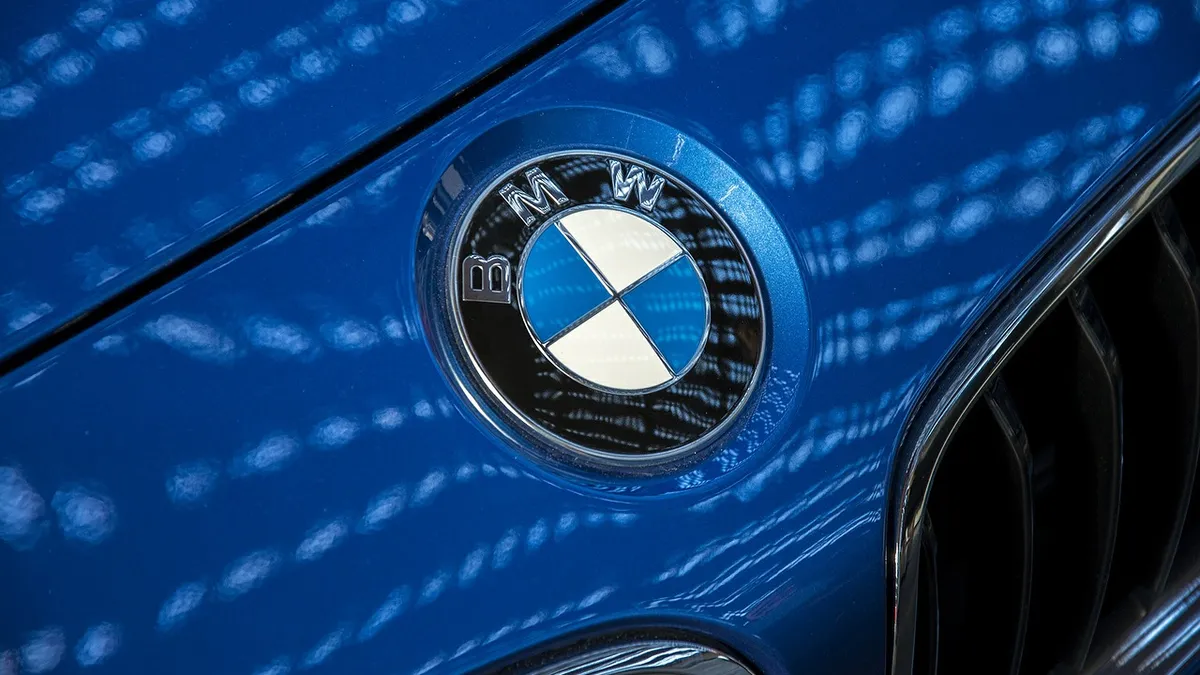Dive Brief:
-
BMW has announced plans to bring to market a home storage system based on batteries from its i3 electric vehicles.
-
The home battery system, being developed in conjunction with Beck Automation, would be able to store power from a rooftop solar system or be used as a backup source of energy for a home charging station for electric vehicles.
-
The home battery system, which BMW says will be available in 22 kWh or 33 kWh versions, can extend the useful life of the car batteries because household electric loads are much lower than the power needs of an electric vehicle.
Dive Insight:
Tesla is not the only auto manufacturer eyeing the market for home batteries. Daimler, maker of Mercedes-Benz, is selling branded batteries for home use in Germany and plans to enter the U.S. market. BMW has now thrown its hat in the ring, but with a twist: It plans to use repurposed batteries from its i3 cars.
A BMW spokeswoman says the company is “evaluating a distribution/marketing strategy where pilot programs in the US could start in 2017”
Initially the storage system would employ new BMW i3 high voltage lithium-ion batteries. The system could potentially be expanded to incorporate BMW’s 2nd Life Batteries, as they become available in the market, the spokeswoman says.
BMW anticipates that the system could be used by anyone, not just BMW owners, once it becomes available.
If 2nd Life Batteries are used in the systems, the spokeswoman said the total lifetime of the batteries would depend on the usage prior to being repurposed for home storage. BMW anticipates the repurposed batteries could supply enough power to keep an average home operating for 24 hours.
In 2013, BMW and the University of San Diego installed a microgrid application with Battery 2nd Life MINI E batteries. In 2014, BMW integrated high-voltage batteries into a stationary storage system in Hamburg to serve as a buffer for Vattenfall charging stations.
In 2015, BMW signed an agreement with NextEra Energy for the delivery of 20 MWh of Battery 2nd Life automotive batteries sourced from the BMW ActiveE test fleet in the U.S. and from early BMW i3 vehicles. NextEra plans to operate them in various industrial sized stationary electricity storage systems.













